Unfiltered, a bit messy, and always interesting
I have recently discovered that veteran Sony PlayStation video game director David Jaffe has a youtube channel and you know what, he has some damn good deep-dive interviews. Jaffe has been a somewhat polarizing figure in the gaming industry for decades now. Boisterous, opinionated, and depending on who you ask, reckless; this may seem like a terrible amalgam of traits for an interviewer, in reality, Jaffe’s style is one of the biggest strengths of his developer interview discussions.
Jaffe has had a Youtube channel for over a decade but in the last year he has become more prolific with the content on his channel and it shows. Viewership is up and his interviews are making headlines. He posts a variety of content from small reaction videos, gameplay streams, discussions on industry topics, and my favorite, interviews with people in the industry.
Interviews with game developers and people from the industry can be found everywhere but Jaffe’s interviews have a distinct layer of professionalism stripped away and what you get is something raw and uncut. There isn’t a PR person approving specific questions, there isn’t the slick, processed, presentation of a well-produced interview segment.
The unconventional style can be good and bad. Conversations can get sidetracked and some of the interviews are extremely long (talking 2-4 hours). What you get is a genuine conversation between people passionate about their craft as game creators. The discussions are frank and revealing. You are watching two people have an honest discussion about their work, life, and the video game industry.
The Best Games you can play of Xbox Game Pass Right Now
We don’t often get to see a real window into what the people behind our favorite games were thinking and feeling while they were making them. We hear about crunch, some of us more than others have a basic idea of how game development works, but hearing a creator talk about their experience with crunch and something they created in long-form interviews such as Jaffe’s provides viewers with a new perspective.
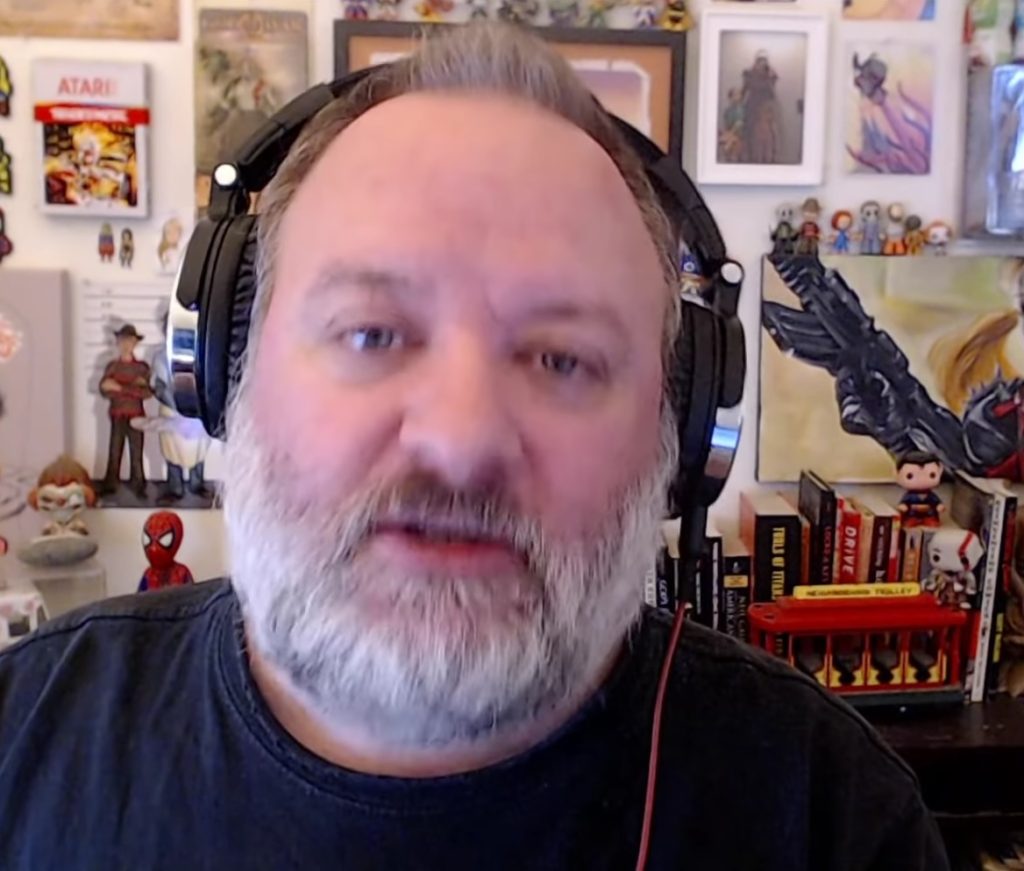
There is a lot of gold to mine from these interviews, as gamers we can easily forget that while videogames are absolutely entertainment, there is an incredible level of artistry that goes into making them; Art not in just the most obvious visual sense but art through gameplay, story, and themes.
Here is an example of what I mean by this:
A point that was raised in one of the recent Jaffe interviews is that games are still such a new and rapidly evolving medium that there aren’t really people out there who are educated in appreciating them from an artistic standpoint. We have journalists, reviewers, and bloggers such as myself who play and enjoy games but how often do we have real discussions about the themes in games or the way gameplay has been crafted to work in concert with the overarching principles behind a title?
Fast and Furious Crosswords director Andy Tudor explains how in his game each track was designed to represent where the character was in their story progression as a character.
“So the opening Athens level, really wide roads and you are playing as Dom and Letty and there is barely any traffic there at all, the roads are more curvy. The opening Barcelona mission you are on hills, you are on hills with like barely any cars on the road again and these big sweeping things there. When you get to the Barcelona street race, it’s quite tight and the pressure is on and you may hit the corners. You are frustrated and you want to win because this guy has put a mark on your head. By the end o the game you are a superhero so again there is not as much traffic on the roads, you are on the freeways by the end of the game, you are barreling through things, the cars are a bit quicker as well. It’s all done on purpose.”
Andy Tudor from the David Jaffe Interview
Andy and his development team consciously made certain stages more or less difficult based on the characters you were playing and where they were at in their evolutionary arc. When they were new to driving cars fast and furiously, the tracks were harder, by the end of the game, players know what they are doing and the tracks are made in such a way to allow players to pull off more stylish and crazy feats that reflect the fact that the main character has come into their own.
I also really appreciate the direct access we get to developers through the interviews. The biggest headline from the interview with John Garvin, writer of Days Gone, was him telling gamers to buy games they love at full price to support developers.
Articles and discussions were spun off of that headline because it is a controversial one but if you just read a transcript of the particular paragraph where John said that, you lose the nuance of the larger discussion that was taking place. You still may not agree with Garvin, Jaffe himself didn’t, but you have a better understanding of where he was coming from in that discussion.
Some of the most fun co-op games you can play in 2021
Other gems that were revealed in that interview were Garvin’s deep personal connection to Oregon. How his mother was a secretary and founding member of a borderline white nationalist second amendment extremist organization in Oregon. Radio-free Oregon in Days Gone is based on stations he grew up hearing.
Insights like these are the kinds of things I would have never known had I not watched this interview, it makes playing through Days Gone a richer experience.
Another area where Jaffe’s interviews shine (and can sporadically crash and burn) is the viewer calls. Through Discord, Jaffe brings on viewers of his streams to chime in with questions for himself and his guests. Now opening up a live chat to the internet can have its pitfalls. There are trolls and obnoxious people just waiting in the wings to spoil a good time.
Besides the rare person trolling there are some people who just aren’t great at communicating on live programming. There is lots of potential for awkward moments, dead air, and bad questions. Surprisingly, these instances are not as common as you might think.
The community that Jaffe has curated is a pretty earnest one. It is comprised of people who play video games and enjoy learning more about them. Most of the callers have a great affinity for the industry and the games that are connected with the developers who are on the show.
By the end of the interview, you feel like you just sat around, shared drinks, and talked shop with someone who had a direct hand in creating a product you may have spent dozens of hours playing. That’s the best thing about these David Jaffe developer interviews, they feel natural, honest, and like real communication between people.
Like a lot of game development, the process of these interviews is often messy and janky but when it’s all done you have something special that’s more than the sums of its parts.
These interviews have given me a greater appreciation for the artistry of video games and a deeper connection to the people that make them. Roger Ebert, a film critic I love and think highly of has gone on record saying that video games can never be art. I strongly disagree, just listen to the people making them.
What do you think about David Jaffe’s interviews? Do you like learning more about the people behind the games you love to play? Let’s have a discussion in the comments below!

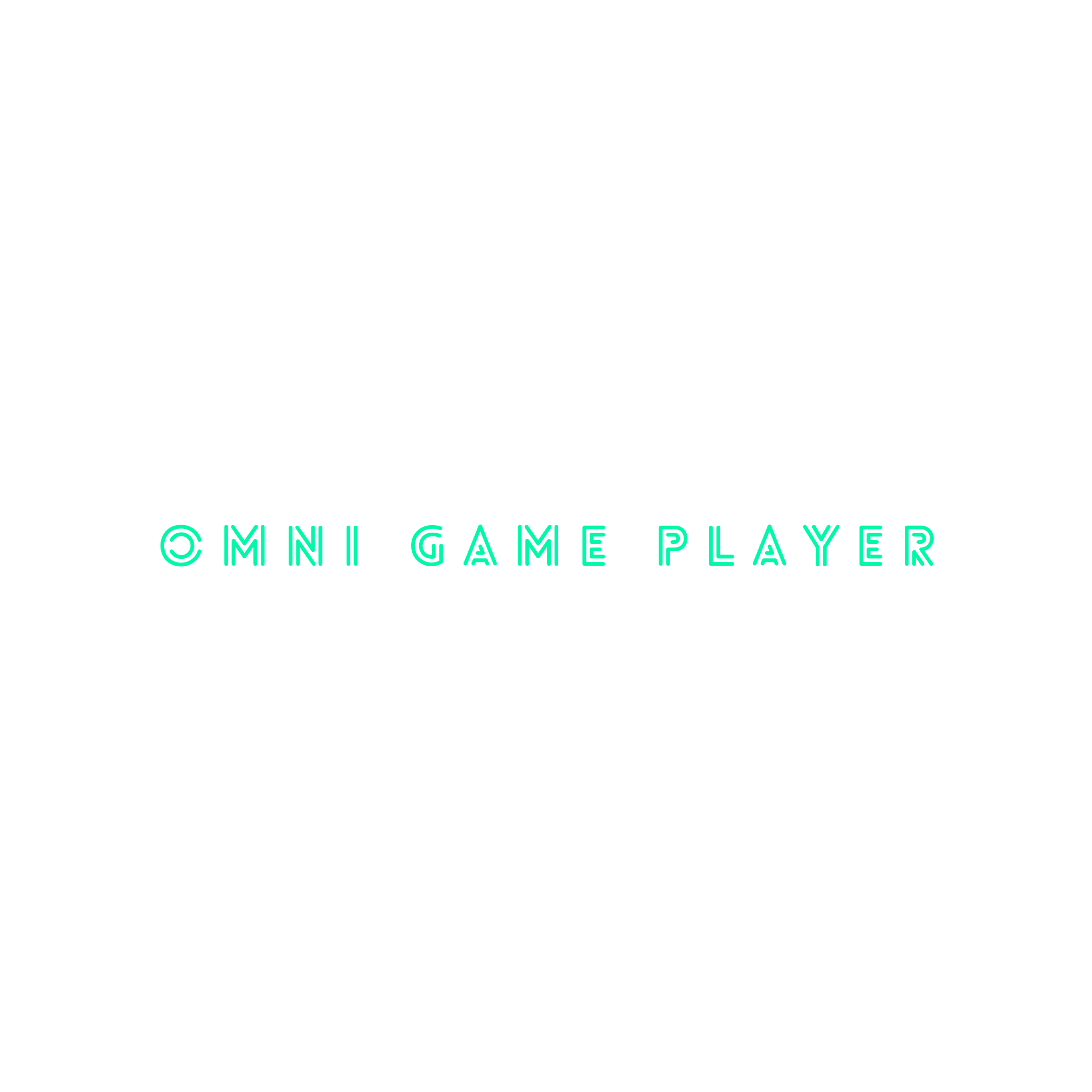





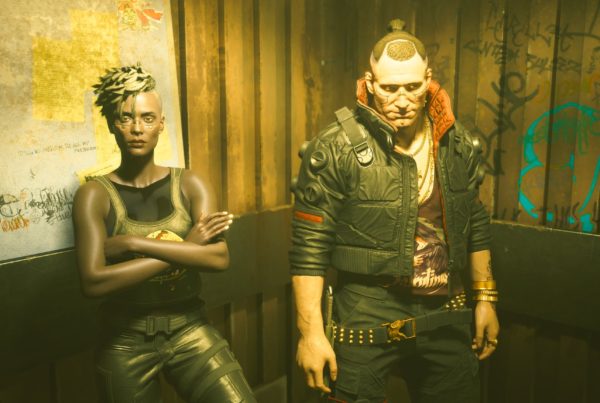
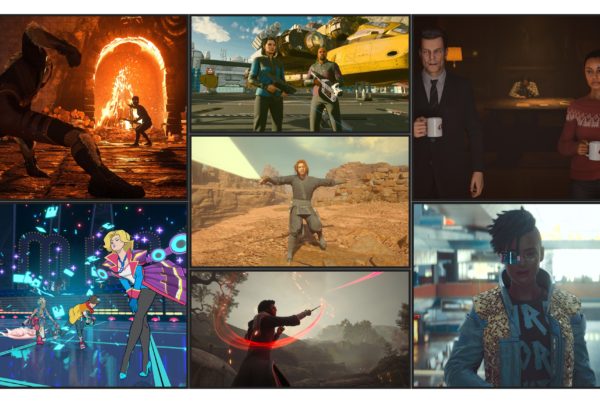
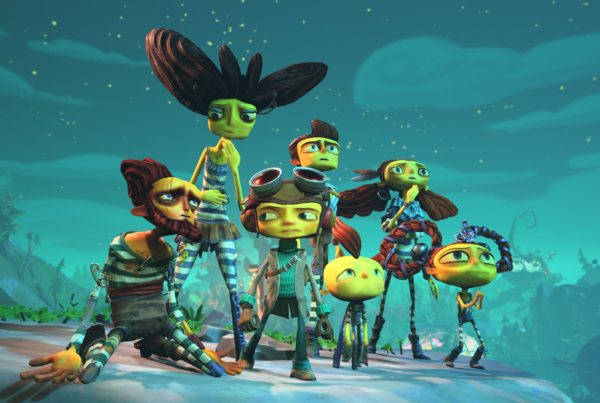
Average Rating